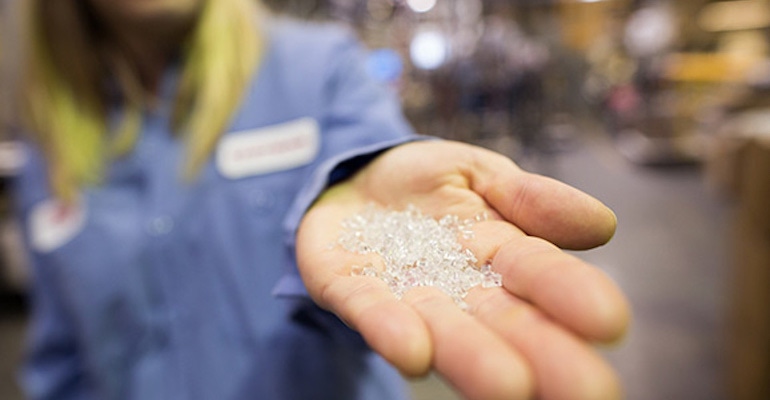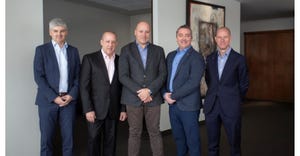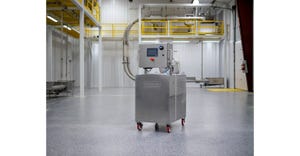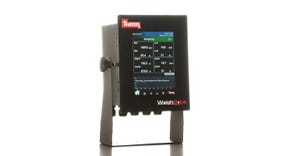The cosmetics firm will incorporate Eastman’s Renew resins portfolio and molecular recycling technologies into its packaging.

The Estee Lauder Companies (ELC) signed a global memorandum of understanding (MOU) with chemicals and specialty materials firm Eastman to further progress on the cosmetics manufacturer’s sustainability goals, the companies announced in a joint release Tuesday.
Under the MOU, ELC and its brands will begin to use Eastman’s Renew resins made with 100% certified recycled content and molecular recycling technologies in its luxury cosmetics product packaging.
“Our suppliers play a critical role in helping The Estee Lauder Companies continue to move the needle and think innovatively about sustainability,” said Roberto Magana, senior vice president and chief procurement officer for ELC, in a statement. “Eastman’s molecular recycling technologies and portfolio of Renew products will help drive the achievement of the company’s sustainable packaging goals while maintaining the high-quality aesthetic, safety, and performance of our prestige products. We look forward to collaborating with them.”
Eastman recently debuted a new line of molecularly recycled polyesters, including Eastman Cristal Renew and Eastman Tritan Renew, produced with 100% International Sustainability & Carbon Certification (ISCC) certified recycled materials. The chemicals and materials firm said the renewable resins are “chemically indistinguishable” from virgin polyesters, and have the same clarity, luster, color and durability qualities.
“We are proud to partner with The Estee Lauder Companies, one of the world’s most iconic prestige beauty companies and a true leader in sustainability,” Scott Ballard, vice president and general manager for Eastman’s Specialty Plastics division, said in the release. “We are excited to help them achieve their ambitious sustainability goals right now. Together, we can provide a shining example of what is possible today – not years in the future – to advance the circular economy.”
ELC has pledged to shift 75% to 100% of its packaging to recyclable, refillable, reusable, recycled, or recoverable formats by 2025.
About the Author(s)
You May Also Like




